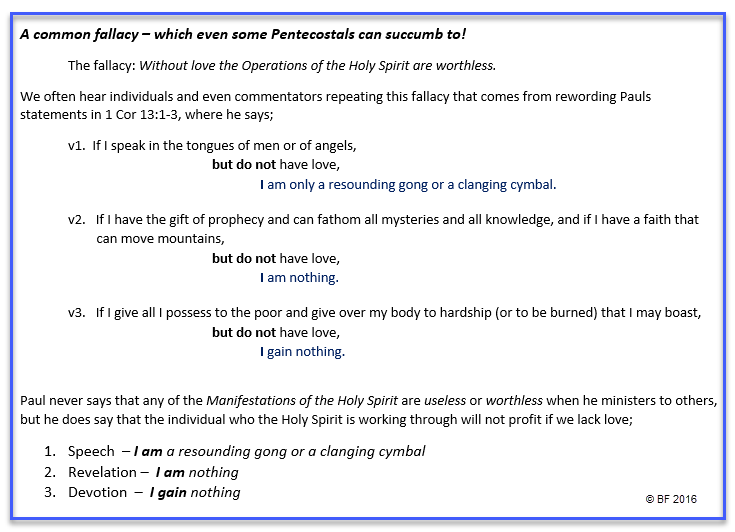That's the reason it's so ridiculous to label tongues as gibberish just because it is not known to humans.
A language could be unknown to [modern] humans, that doesn't make it gibberish. Being gibberish makes it gibberish.
Language contains things such as words with discrete meaning, along with syntax. A statement made in
any language can be broken down in this way. For example words are comprised of phonemes, morphemes; these are units of sound which comprise a word. A word fits a particular category of language, nouns, verbs, adjectives, adverbs, pronounds, and others which when joined together in a syntax consists of a thought--a complete thought being a sentence. For example, "My name is Bob" or "Watashi no namae wa Bob desu." or "Mi nombre es Bob". The first example is English which consists of the first person possessive pronoun "my" which is linked to the noun "name" along with the verb "is" along with the proper noun "Bob" corresponding to "name". This form of syntax is known as SVO (Subject-Verb-Object) the subject is "my name" the verb is "is" and the object is "Bob". The statement "Mi nombre es Bob" is Spanish, and corresponds pretty directly with the English.
The Japanese sentence, "Watashi no namae wa Bob desu." is a different kind of syntax than either English or Spanish, but we can break it down all the same, "watashi" is a first person pronoun meaning "I" there is no morphology here, such as in English me/my/I/etc. Which is followed by "no" is a modifying particle, here it connects "watashi" and "namae", the word "namae" means "name" (its similar sound to English is coincidence) and so "watashi no namae" can be translated as "my name", which is followed by "wa" a particular kind of particle in Japanese which connotes topic, it is here linking "watashi no namae" with "Bob". Ending with the copula "desu" which signifies that the sentence was a statement, if one were to say "watashi no namae wa Bob desuka?" it'd be a question, one that might sound funny, "My name is Bob?".
Words are further broken down, such as in English "my" consists of two phonemes, m and y which together form "my". In the case of Japanese, word break down is rather simple since words are constructed of particular sound-structures natively known as "mora" these are things like ka, chi, tsu, a, i, n; the word watashi can be broken down into these syllabic structures as follows: wa-ta-shi. The word namae can be broken down as no-ma-e.
All languages can be deconstructed, because all languages have an internal sense and logic to them, consisting of words constructed of sound qualities, structured into a sentence with a particular syntax. And it is the general consistency of this which makes it
language rather than just producing nonsense sounds.
Gibberish, on the other hand, is just that--the production of nonsense sounds which comprise of no internal logic, structure, and therefore no
meaning. Gibberish may be able to sound, at times, language-like by achieving a certain cadence and speech tempo--but without underlying meaningful structure it remains noise and not language.
-CryptoLutheran


